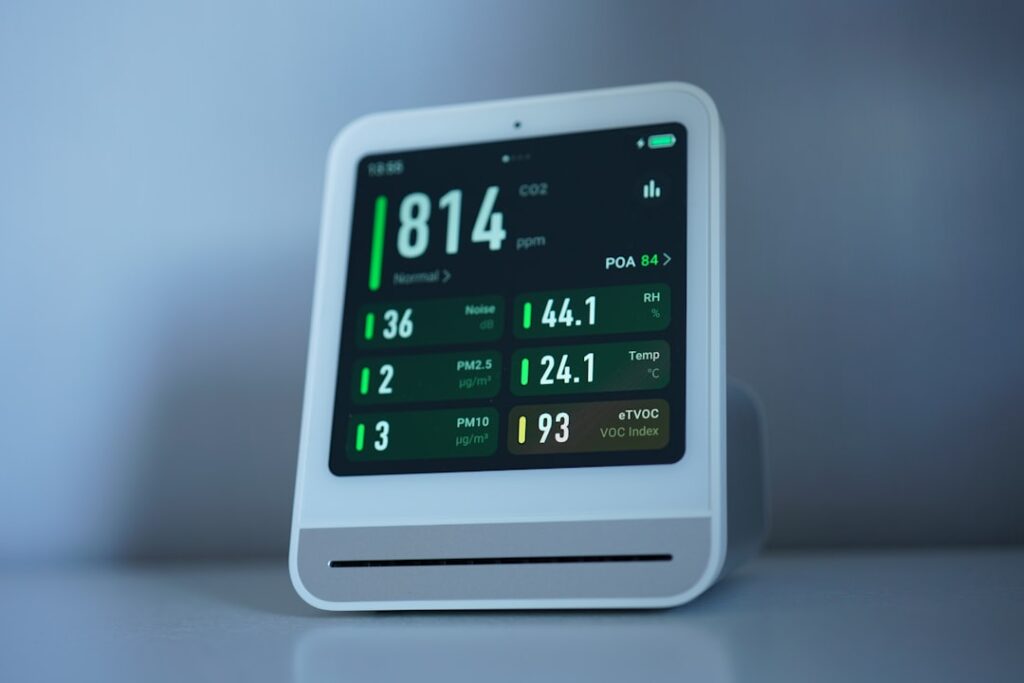AI Tools for HealthTech Revolutionizing Patient Care
The integration of AI in healthcare technology has transformed the medical field, enabling clinicians and healthcare professionals to deliver enhanced patient care. This article delves into the various AI tools that are driving innovation in HealthTech, offering practical insights into their applications and potential benefits.
Understanding AI in Healthcare Technology
AI in healthcare technology encompasses a range of tools and methods that leverage artificial intelligence to improve various aspects of patient care. These tools are designed to analyze vast amounts of data, derive insights, and facilitate efficient decision-making processes for healthcare providers.
Key Components of AI in HealthTech
- Data Analytics: AI algorithms process large sets of patient data to identify trends and patterns.
- Predictive Analytics: These tools forecast potential health issues by analyzing historical data.
- Natural Language Processing (NLP): NLP enables computer systems to understand and interpret human language, allowing for better patient communication and documentation.
Prominent AI Tools Transforming HealthTech
Several AI tools have gained prominence in the HealthTech arena, each contributing uniquely to patient management and healthcare delivery. Here are some notable examples:
1. IBM Watson Health
IBM Watson Health utilizes AI to assist physicians by providing evidence-based treatment recommendations, analyzing clinical trial data, and helping in drug discovery. Its ability to process medical literature and patient records allows for personalized treatment plans.
2. Google Health
Google Health focuses on using AI for disease detection and management. Its machine learning algorithms have shown promise in identifying conditions such as diabetic retinopathy and breast cancer through image analysis.
3. Aidoc
Aidoc offers AI-powered radiology solutions that assist radiologists in quickly identifying abnormalities in medical images. This accelerates diagnosis and treatment, ensuring faster patient outcomes.
The Benefits of AI in HealthTech
Implementing AI tools in healthcare brings a multitude of advantages that directly impact patient care quality.
Enhanced Efficiency
AI tools streamline administrative tasks, such as scheduling and billing, allowing healthcare professionals to focus more on patient interactions. This efficiency leads to reduced wait times and improved overall patient satisfaction.
Personalized Treatment
With AI’s data-driven insights, treatment plans can be tailored to meet individual patient needs, enhancing the likelihood of successful outcomes. This personalization is crucial for chronic disease management and preventative care strategies.
Challenges and Considerations
While the benefits of AI in healthcare technology are substantial, several challenges must be addressed to ensure successful implementation.
Data Privacy and Security
Given the sensitive nature of health information, maintaining data privacy and security is paramount. Healthcare providers must comply with regulations like HIPAA to protect patient data while using AI tools.
Integration with Existing Systems
Many healthcare facilities still rely on legacy systems. Integrating AI tools with these existing infrastructures can be complex and requires substantial investment and training.
Future Trends in AI Healthcare Technology
As AI technology continues to evolve, several trends are expected to shape the future of HealthTech.
Telemedicine and Virtual Health Assistants
The rise of telemedicine, complemented by AI-powered virtual health assistants, will likely enhance access to care, allowing patients to receive support from the comfort of their homes.
AI-Driven Drug Development
AI tools will play a critical role in expediting the drug development process, from identifying potential drug candidates to optimizing clinical trial designs.
Conclusion
The future of healthcare is undoubtedly tied to the advancements in AI in healthcare technology. As we continue to embrace these innovative tools, the potential to improve patient outcomes, enhance operational efficiency, and personalize care becomes increasingly achievable. By overcoming existing challenges, the healthcare sector can look forward to a revolutionized approach to medicine that is more effective and responsive to patient needs.
Transforming Patient Care with AI
The infusion of AI in healthcare technology is significantly enhancing patient care protocols. By utilizing machine learning algorithms, healthcare providers can analyze patient data more accurately and efficiently. This allows for earlier diagnoses and more tailored treatment plans. AI systems can monitor patient vitals in real time, alerting medical personnel to potential issues before they escalate, thus safeguarding patient health.
Predictive Analytics for Better Outcomes
Predictive analytics powered by AI in healthcare technology enables clinicians to forecast patient outcomes with remarkable precision. By examining historical data and trends, AI models can identify risk factors linked to various medical conditions. This forward-looking approach allows for proactive measures, leading to improved patient outcomes. As healthcare systems continue to integrate these predictive tools, practitioners can make informed decisions that enhance patient experiences and health journeys.
Streamlining Administrative Processes with AI
In addition to improving patient care, AI in healthcare technology is revolutionizing the administrative side of the industry. Healthcare organizations are adopting AI-powered solutions to automate mundane tasks such as scheduling, billing, and documentation. This not only reduces human error but also frees up valuable time for healthcare professionals, allowing them to focus on what truly matters—patient care.
Enhancing Data Security with AI
With the rising concern over data breaches in the healthcare industry, AI in healthcare technology also plays a crucial role in enhancing data security. AI algorithms can detect unusual patterns and potentially fraudulent activities by continuously scanning for anomalies within vast datasets. Implementing these security measures ensures that patient information remains confidential, thereby fostering trust between patients and healthcare providers.


